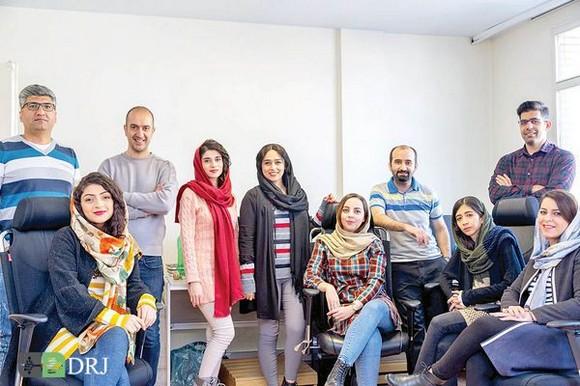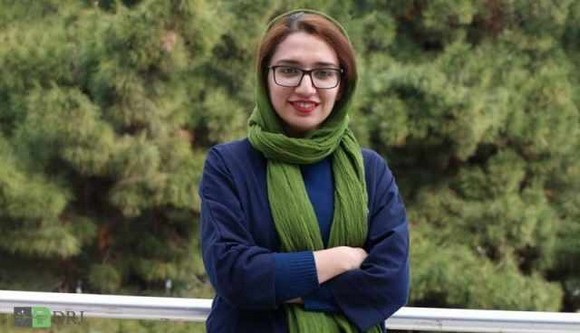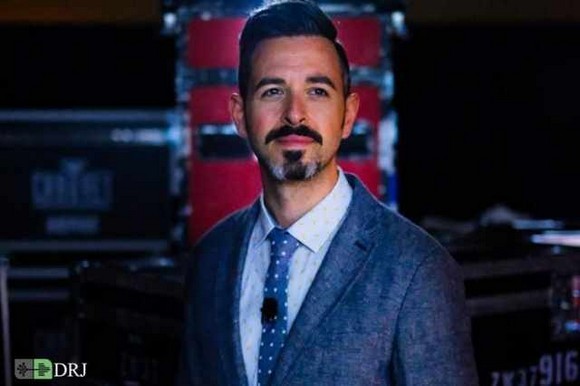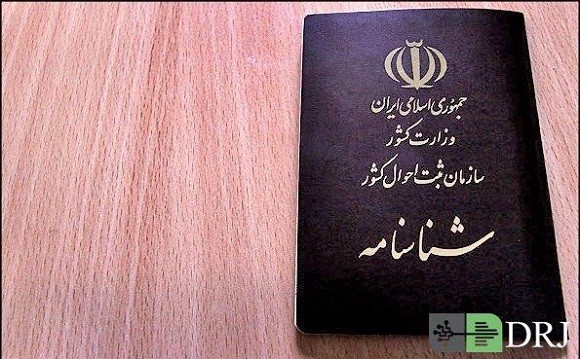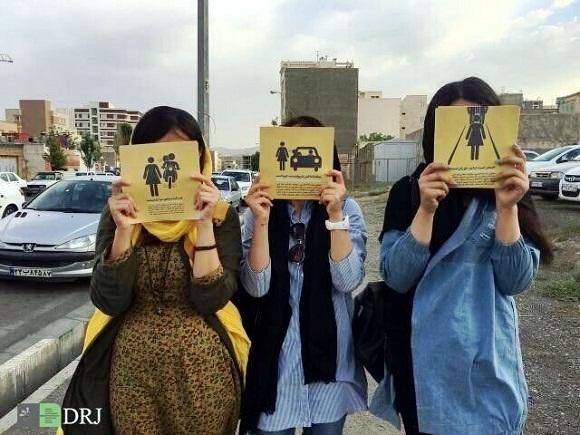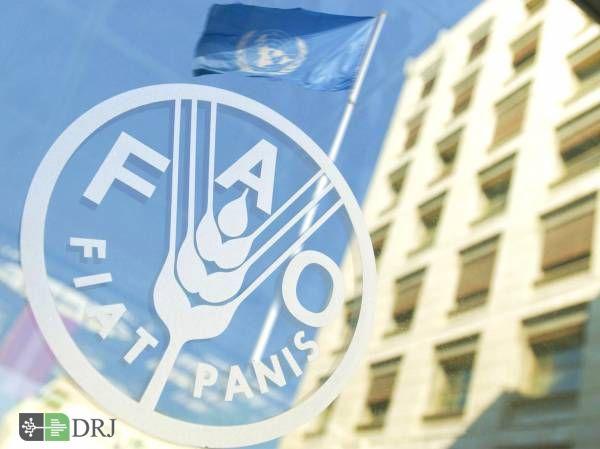Ziauddin SardarA prolific writer
Ziauddin Sardar
A prolific writer , broadcaster and columnist , Ziauddin Sardar has written about many contemporary issues . He is the author/editor of thirty-seven books on topics ranging from Chaos for Beginners to Explorations in Islamic Science . His views on the relationship between Islam and science were first articulated in the early 1970’s when it seemed as if a great revival of the Islamic intellectual tradition was in the making . The unexpected windfall from the dramatic rise in oil prices , the emergence of numerous new academic and research institutions in the Muslim world and a forceful assertion of independence by many Muslim countries produced the illusion of the appearance a new and dynamic force on the international scene . Sardar rode this new wave of opportunities , joined one of these new institutions and benefited from the petro-dollars that were poured into organizations such as the Muslim World League . Acknowledging this support in his major work on Islam and science , Explorations in Islamic Science ( 1989 ) , he states: “Major support for my work has come from Abdullah Naseef , General Secretary of the Muslim World League , Makkah al-Mukkaramah , who not only motivated my quest for a contemporary Islamic science , but also funded a great deal of research . ”
The second most important factor in the evolution of Sardar’s thought was from his friend , Jerry Ravetz about whom he states: “[Ravetz] has been my guide to history and philosophy of science and who was always there when I needed to iron out some tricky philosophical or intellectual problems . Some of his ideas , not to mention words , appear in these essays . ”
This new wave of awakening rested on petro-dollars as well as on the interest and financial resources of “intellectual political leaders” like Anwar Ibrahim , the former Minister of Education of Malaysia , about whom Sardar writes: “[Anwar Ibrahim] asked me to expose many of my half-baked ideas at a number of Intellectual Discourses held in Kuala Lumpur . ”
These “half-baked” ideas also found support among certain western journalists who were then writing about the “other” , post-modernism , colonialism and who were attempting to articulate a radical new outlook on history , science , society and the relationship between cultures . In 1980 , Sardar published an article in the New Scientist , “Can science come back to Islam?” ( New Scientist , 88 , 212-16 , 1980 ) . Two years later , this was followed by another article , “Why Islam needs Islamic science?” ( New Scientist , 94 , 25-28 , 1982 ) . These short articles were followed by an edited work , The Touch of Midas: Science , Values and the Environment in Islam and the West ( University of Manchester Press , Manchester , 1984 ) .
Sardar soon became disillusioned with the institutions which had emerged on the strength of petro-dollars and he found the discourse on Islamic science moving in a “strangely irrational direction , being squeezed by two strangleholds . The first arose from our difficulty in defining what we actually mean by Islamic science: different groups give their own interpretations and take the discussion in their own eclectic directions . The second results from the conventional discussion “Islam and science” being wooly , confused and not infrequently intellectually shambolic . This legacy , dating back to the early 1950s , has introduced uninformed , emotional and rather irrational elements into the discourse . ” ( Explorations in Islamic Science , p . 3 . )
Sardar’s own views on the subject found expression by placing science and scientists in a social context . He found support for his views from a small group of like-minded people and formed a group of closely associated scholars known as the ijmalis .
Sardars views are summarized by Ibrahim Kalin in his perceptive article “Three Views of Science in the Islamic World”( in God , Life and the Cosmos , edited by Ted Peters , Muzaffar Iqbal and Syed Nomanul Haq , Ashgate , 2002 , pp . 61-63 ):
“Although the ijmalis do not accept the appellation of being merely Kuhnian , one can hardly fail to see the subtext of their discourse based on Kuhn , Feyerabend and others in their critique of modern Western science . ( See Ziauddin Sardar , Explorations in Islamic Science , ( London: Mansell Publishing Ltd . , 1989 ) , p . 155 . This emphatic denial itself is quite telling for our discussion here . ) Sardar s definition of science shares much of the instrumentalist and anti-realist spirit of the Kuhnian science . For him , science is “a basic problem-solving tool of any civilization . Without it , a civilization cannot maintain its political and social structure or meet the basic needs of its people and culture . ” ( Z . Sardar , Islamic Futures ( London: Mansell Publishing Ltd . , 1985 ) , p . 157 . ) The ijmali s socio-cultural point of view certainly points to an important component of scientific activity , viz . , the social setting in which the sciences are cultivated and flourish . It is , however , to be noted that the relegation of physical sciences , or any scholarly activity for that matter , to social utility is bound to have serious consequences insofar as the philosophical legitimacy of sciences is concerned . As we see in the case of Van Fraassen and Kuhn , the instrumentalist definition of science entails a strong leaning towards anti-realism , a position whose compatibility with the concept of Islamic science is yet to be accounted for .
“Yet , there is another paradox involved here . The most common critique of modern science has been to present it as a culturally conditioned and historical endeavor with claims to universality and objectivity . Kuhn s philosophy of paradigm , which has become the single most fashionable buzz word in the Islamic world , Feyerabend s defense of society against science , or Van Fraassen s scientific instrumentalism are all profusely used to show the utter historicity and relativity of modern science . Since every scientific , and , by extension , human activity is embedded in a historical and cultural setting , we can no longer speak of sciences in isolation from their socio-historical conditions . This implies that no account of science , be it Western or Islamic , is possible without the history and , more importantly , sociology of science , whose task is to deconstruct the historical formation and genealogy of sciences . Furthermore , this approach has been applied to humanities as well , with almost total disregard to its implications for what is proposed in its place , i . e . , what is called Islamic science and methodology .
“At this point , philosophy of science becomes identical with sociology of science , and any appeal to universal validity and objectivity by physical sciences is rejected on the basis of their utter historicity , ideology , cultural bias , and so on . Even though these terms are used as household terms by many Muslims writing and thinking on modern science , they rarely appear in their defense of Islamic science , which is proposed as an alternative to the Western conceptions of science . If science , as the advocates of this view seem to imply , is culture-specific with no right to universal applicability , then this has to be true for all scientific activity whether it takes place in the 11th century Samarqand or the 20th century Sweden . This is in fact what is so clearly intended and stated by all the major expositors of the philosophy of science . If it is the modern secular science that is culturally and historically constructed , then Islamic science , as understood by this group of scholars , has to explain how and why it is entitled to universal validity and applicability . It will simply be short of logical consistency to say that Kuhn s language of paradigms is an adequate tool to explain the history of Western but not Islamic science . ”
Sardar’s interests seem to have shifted to other topics and journalistic writings . But in all his writings , one can discern the proverbial voice of the angry young man who is constantly exploring news ways of expressing his anger and resentment at an unjust world . Whether it is his book on the growth of Kuala Lumpur ( The Consumption of Kuala Lumpur ) in which he explores Malay legends and stories for what they show about national culture , along with a discussion of events in Malaysian history up to Anwar Ibrahim s show trial and imprisonment , his critical voice is always summing up images and metaphors to express dissatisfaction . For an outsider with scant knowledge of the Muslim world , his works may seem excellent pieces of self-criticism but for most scholars , his treatment may appear to be superficial .
In his work , Postmodernism and the Other :The New Imperialism of Western Culture ( Pluto Press , London , 1998 ) , Sardar presents his definition of Postmodernism and exposes postmodernism for what it means to non-Westerns ( the Other ) . Moving between journalistic and academic styles , he uses powerful but trendy metaphors to bring home his point: “The world has been transformed into a theatre where everything is artificially constructed . Politics is a stage-managed for mass consumption . Television documentaries are transformed and presented as entertainment . Journalism blurs the distinction between fact and fiction . Living individuals become characters in soap operas and fictional characters assume real lives . Everything happens instantaneously and everybody gets a live feed on everything that is happening in the global theatre” ( p . 23 )
Catchy and satirical subheadings make the book a light reading: For instance , a chapter is called “A Grand Memory for Forgetting” . In this Sardar shows how history has been restructured to the tastes of postmodernism . Taking Disney’s animated film Pocahontas as an example , he describes how the film is very different from the true story . He then identifies the links with the colonialist and orientalist legacy and shows how the film stands for nothing more than white superemacy . Other chapter titles are indicative of the style , concerns and objective of Sardar’s work on postmodernism: “Take Me , I’m Yours”; “The Joys of Cynical Power”; “Recycling Shampoo” .
In the final analysis , one can say that Sardar is a journalist with some academic interests who has moved from subject to subject in search of a modus vivandi , which is both intellectual and financial . His other works include:
Publications
Third Text Reader on Art , Culture and Theory , 2002
Why Do People Hate America?
Introducing Science Studies
Introducing Learning and Memory
Introducing Islam
Cyberfutures: Culture and Politics on the Information Superhighway
Introducing Muhammad , 2nd Edition
Introducing Chaos
Introducing Media Studies
Thomas Kuhn and the Science Wars
Orientalism ( Concepts in the Social Sciences )
Beyond the Disease Model of Mental Disorders
Introducing Mathematics
Rescuing All Our Futures: The Future of Futures Studies ( Praeger Studies on the 21st Century )
Postmodernism and the Other
Barbaric Others
Blinded Eye
Distorted Imagination: Lessons from the Rushdie Affair
An Early Crescent: The Future of Knowledge and the Environment in Islam
Explorations in Islamic Science ( Islamic Futures and Policy Studies )
The Revenge of Athena: Science , Exploitation , and the Third World
Information and the Muslim World: A Strategy for the Twenty-First Century
The Future of Muslim Civilization ( Islamic Futures and Policy Studies )
Islamic Futures: The Shape of Ideas to Come ( Islamic Futures and Policy Studies )
Touch of Midas: Scientific Values and the Environment in Islam and the West
Science and Technology in the Middle East
Muhammad: Aspects of His Biography
Islam , outline of a classification scheme
Science , technology , and development in the Muslim world
The future of Muslim civilization
Yashab Tur
( November 2002 )
Excerpt from Islamists in Postmodern Times
One of the reasons we have post modernism today is due to what is called the de-mystification of science which is mainly to certain historians and philosophers of science like Thomas Kune , on whom I have a small book called Thomas Kune and the Science War , and people like Farbach and so on . We assumed that science was this objective , neutral phenomenon . It was something that contained facts everyone could believe in . But Kune , Farbachand most of the philosophers showed that in fact that science is not something that can be taken as a clinically removed , objective phenomenon . In fact scientists work within paradigm which are belief systems and science moves from paradigm , which basically means that science and religion are not all that different . This demystification of scientific objectivity has played a very important part in post modern thought in sciences like quantum mechanics , abstract mathematics and so on where determinism has been knocked out . Starting from the 19 20s when Hazenburg introduced his uncertainty principle right down to modern times with chaos theory , complexity theory and so on , indeterminacy has become the norm . That means things cannot be determined , almost everything is uncertain .
When you combine these ideas with something like Farbach s idea of history where history exists essentially to be interpreted not as lumps of facts and data that we have conventionally believed history to be . But history exists substantially as something that is constantly interpreted . It constantly changes because we put new interpretations on it . Then you combine all that and you produce a certain kind of thought which occasionally manifests itself as a kind of fiction , magical realistic fiction is the most major example and the one which impinges on us most is the Satanic verses where you have history presented as a particular kind of interpretation and where the facts of history are consistently doubted and consistently challenged .
Apart from that , there is just one other aspect of contemporary thought which has produced most modern ideas and that is the notion of the other , that is that somebody apart from us , the notion of other in disciplines like anthropology and also history but also in politics and international relations . How do we represent the other? Those who are not us and those who are outside us . Conventionally the others are the non-West , Muslims , the Hindus , the developing countries and so on and so forth .
If you combine all this brew , these new intellectual developments you end up with certain things that provide an accent to post modern thought , to the way the world is being shaped . One of the main accents is that is we have so much determinancy where even science has been demystified to a certain extent in that even its objectivity cannot be questioned . Things like Popper s objective knowledge for example are virtually laughed at today because of what contemporary history and philosophy of science has actually shown us . So if we have a world like that the idea of truth doesn t really stand up . And postmodern scholars have been particularly good at demolishing meta narratives , that is anything with the idea of truth in it , things like reason or objectivity , science , all that has been undermined in a sense .








